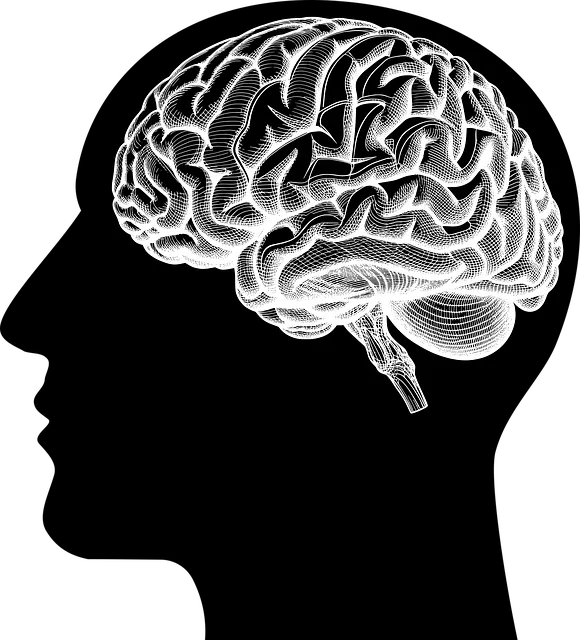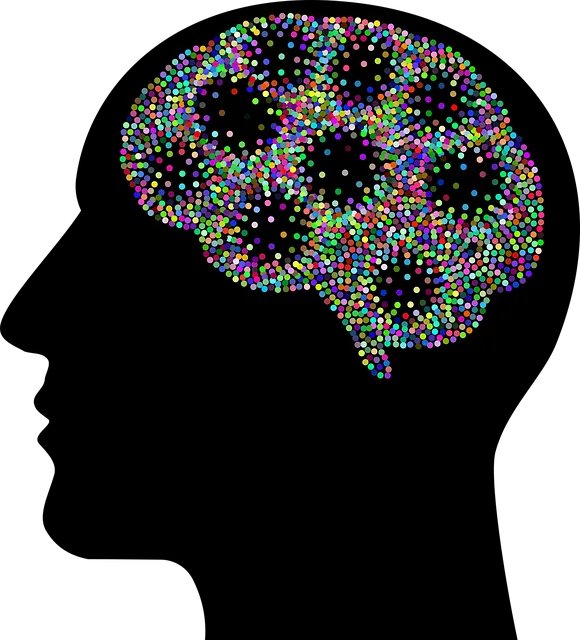The Kaiser Permanente mental health facility in Northglenn provides specialized support for individuals dealing with loss, grief, and bereavement through personalized therapy, support groups, and education. Trained professionals use evidence-based practices like CBT and mindfulness to help clients process emotions, develop coping strategies, and restore equilibrium. Beyond individual counseling, the facility fosters community through group sessions and workshops, promoting open dialogue, shared learning, and resilience for long-term mental well-being, all within a secure and compassionate environment.
Loss, grief, and bereavement are profound experiences that can profoundly impact an individual’s well-being. This comprehensive guide explores these complex emotions, offering insights into their understanding and effective management. The article delves into the crucial role of counseling at the Kaiser Permanente Mental Health Facility in Northglenn, highlighting specialized support for grievers. It covers various techniques, resources, and next steps for healing after loss, providing a holistic approach to navigating grief.
- Understanding Loss, Grief, and Bereavement: A Comprehensive Overview
- The Role of Counseling at Kaiser Permanente Mental Health Facility Northglenn
- Common Techniques and Approaches in Grieving Support
- Accessing Resources and Next Steps for Healing After Loss
Understanding Loss, Grief, and Bereavement: A Comprehensive Overview

Understanding loss, grief, and bereavement is a vital step towards healing. It involves recognizing and accepting the complex emotions that arise when facing the death of a loved one. At Kaiser Permanente mental health facility Northglenn, we offer comprehensive support to help individuals navigate this challenging journey. Our team of trained professionals understands that every person experiences loss differently, and we tailor our approach to meet individual needs.
Through a combination of therapy, support groups, and mental health education programs design, we aim to provide effective tools for depression prevention. We believe in fostering an environment where individuals can openly discuss their feelings, share stories, and learn from one another. Moreover, risk management planning for mental health professionals is integral to our practice, ensuring that both clients and providers receive the highest level of care.
The Role of Counseling at Kaiser Permanente Mental Health Facility Northglenn

At Kaiser Permanente Mental Health Facility Northglenn, counseling plays a pivotal role in supporting individuals navigating loss, grief, and bereavement. Trained professionals offer specialized care tailored to each person’s unique experience, providing a safe space for emotional expression and healing. The facility’s approach integrates evidence-based practices with compassionate support, empowering individuals to process their emotions, develop coping strategies, and enhance their mental wellness.
In addition to individual therapy sessions, Kaiser Permanente Northglenn fosters a sense of community through group counseling and educational workshops. These initiatives, including the Mental Wellness Podcast Series Production and mindfulness meditation sessions, encourage open dialogue, share valuable insights, and promote depression prevention strategies. By combining personalized care with collective support, the facility aims to holistically address the psychological impact of loss, fostering resilience and restoring a sense of equilibrium.
Common Techniques and Approaches in Grieving Support

At a Kaiser Permanente mental health facility in Northglenn, counseling for loss, grief, and bereavement employs a range of effective techniques designed to support individuals through their emotional journey. These approaches often include psychotherapy, where trained professionals create a safe space for clients to express their feelings and memories, encouraging them to share stories and reflect on the impact of their losses. Cognitive-behavioral therapy (CBT) is another common method, focusing on identifying and modifying negative thought patterns that can exacerbate grief. CBT helps individuals develop coping strategies to manage anxiety relief and emotional well-being promotion techniques.
Additionally, mindfulness practices are integrated into sessions, teaching clients how to stay present and find moments of peace amidst their sorrow. This holistic approach, combined with empathy and genuine support, equips individuals with the tools needed to navigate their grief in healthy ways, fostering self-esteem improvement as they learn to adapt to life after a significant loss.
Accessing Resources and Next Steps for Healing After Loss

After experiencing a significant loss, accessing resources and taking steps toward healing is essential. Individuals dealing with grief can find support at Kaiser Permanente mental health facilities, such as those in Northglenn, which offer specialized counseling services tailored to bereavement. These facilities provide a safe space to process emotions, remember loved ones, and begin the journey of healing.
Healing after loss involves various strategies, including effective communication about one’s feelings with supportive peers or professionals. Building empathy within support systems is crucial for preventing burnout among caregivers and facilitators. By fostering an environment of understanding and compassion, individuals can navigate their grief journeys more effectively, promoting long-term mental well-being.
Grief is a natural process, yet navigating it can be challenging. The article has explored these complex emotions and their impact on individuals, offering insights into how Kaiser Permanente’s mental health facility in Northglenn provides specialized counseling to support those dealing with loss, grief, and bereavement. By utilizing various techniques, the facility creates a safe space for healing. Understanding that everyone’s grieving process is unique, the next step involves accessing available resources and taking proactive steps towards personal recovery after loss.






